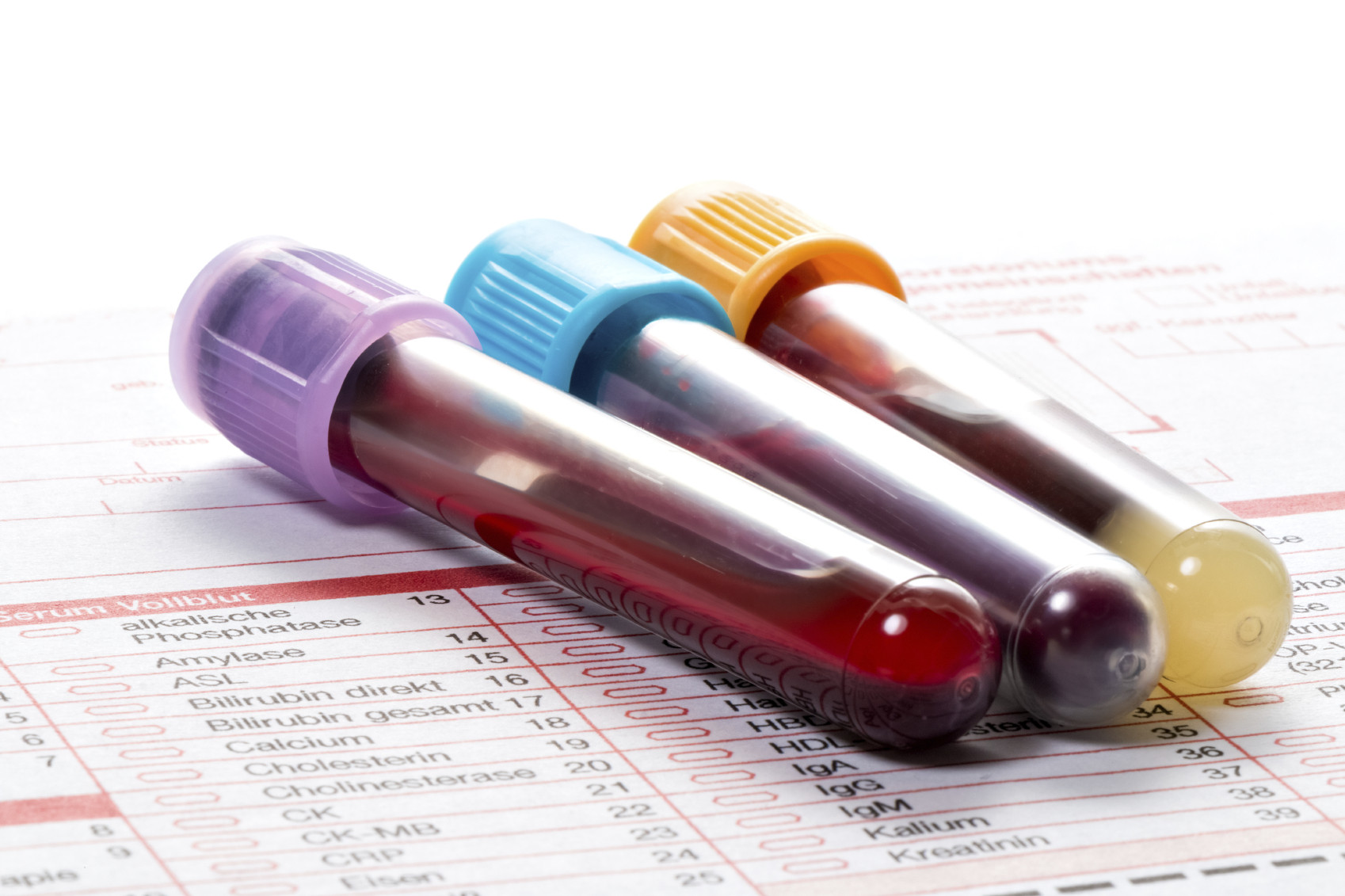Comprehensive Metabolic Panel (CMP)
What Is a Comprehensive Metabolic Panel?
A comprehensive metabolic panel (CMP) is a group of blood tests that provides important information about the current status of your metabolism and how well your kidneys and liver are functioning. It measures levels of various substances in the blood, including:
- Glucose (blood sugar)
- Electrolytes (sodium, potassium, chloride, carbon dioxide)
- Kidney function tests (blood urea nitrogen, creatinine)
- Liver function tests (proteins, albumin, bilirubin enzymes)
Specifically, the CMP typically includes the following tests:
- Glucose: Measures blood sugar levels, which can indicate diabetes or hypoglycemia.
- Calcium: Helps evaluate bone health, kidney function, and certain metabolic disorders.
- Electrolytes (sodium, potassium, chloride, carbon dioxide): Assess fluid balance, kidney function, and acid-base balance.
- Blood Urea Nitrogen (BUN) and Creatinine: Measure kidney function and detect kidney disease.
- Albumin and Total Protein: Evaluate protein levels, which can indicate liver or kidney disease, or nutritional status.
- Bilirubin: Measures levels of this substance produced by the breakdown of red blood cells, which can indicate liver or bile duct problems.
- Enzymes (ALT, AST, ALP): Liver enzymes that can indicate liver disease or injury.
A comprehensive metabolic panel is often ordered as part of a routine physical examination or to monitor patients with chronic conditions like diabetes, hypertension, or kidney disease. Abnormal results can help diagnose various metabolic disorders, liver or kidney problems, electrolyte imbalances, or other medical conditions.
It is important to note that the CMP is a screening tool, and further testing may be required to confirm or rule out specific conditions if any abnormalities are detected. The results should be interpreted by a healthcare professional in conjunction with the patient’s medical history and other clinical findings.
Why Are Comprehensive Metabolic Panels Done?
Comprehensive metabolic panels (CMPs) are done for several reasons:
- Routine health screening:
CMPs are often included as part of routine physical examinations or annual check-ups, even for individuals without specific health concerns. This allows healthcare providers to establish baseline values and monitor any changes over time. - Diagnosis and monitoring of medical conditions:
CMPs can help diagnose or monitor various medical conditions, including:
- Diabetes: Elevated glucose levels can indicate diabetes or poor blood sugar control.
- Kidney disease: Abnormal levels of creatinine, BUN, or electrolytes may signal kidney dysfunction.
- Liver disease: Elevated liver enzymes (ALT, AST, ALP) or bilirubin can indicate liver damage or disease.
- Electrolyte imbalances: Abnormal levels of sodium, potassium, chloride, or carbon dioxide may indicate imbalances that need to be addressed.
- Monitoring medication effects:
CMPs can help monitor the effects of certain medications on organ function, such as kidney function with certain antibiotics or liver function with cholesterol-lowering drugs. - Pre-operative evaluation:
CMPs may be ordered before surgical procedures to ensure proper organ function and identify any potential risk factors or underlying conditions that could affect the surgery or recovery. - Evaluation of symptoms:
If a patient presents with non-specific symptoms like fatigue, nausea, or abdominal pain, a CMP can help identify potential underlying metabolic or organ dysfunction that may be causing the symptoms. - Follow-up after abnormal results:
If previous tests have shown abnormal results, a CMP can help monitor the progression or resolution of the condition and guide further treatment decisions.
By providing a comprehensive overview of various metabolic processes and organ function, CMPs can help healthcare providers identify potential problems early, monitor existing conditions, and make informed decisions about diagnosis and treatment plans.




